Human Rights Reading List for International Human Solidarity Day!
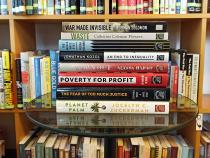
In recognition of International Human Solidarity Day, and as part of Universal Human Rights Month, The New Press has prepared a Human Rights Reading list! International Human Solidarity Day began when the UN General Assembly declared December 20th a day to “celebrate our unity in diversity; to remind governments to respect their commitments to international agreements; to raise public awareness of the importance of solidarity; and a day of action to encourage new initiatives for poverty eradication.” In that vein, these titles expose the severe issues facing our society today, both at home and abroad.
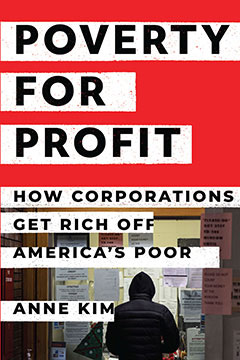
Read an excerpt from Poverty for Profit
Poverty for Profit exposes how state and local government spend tens of billions in the name of combating poverty, only to fuel a “corporate poverty complex,” outlining how the business models behind tax-funded antipoverty programs such as the earned income tax credit, Medicaid, affordable housing vouchers and more, are ironically designed to prey on the poor. This is a “searing, rage-inducing look at how the misery of the poor lines the pockets of the rich” (Kirkus Reviews) and critical reading to understanding how the poverty industry works in America.
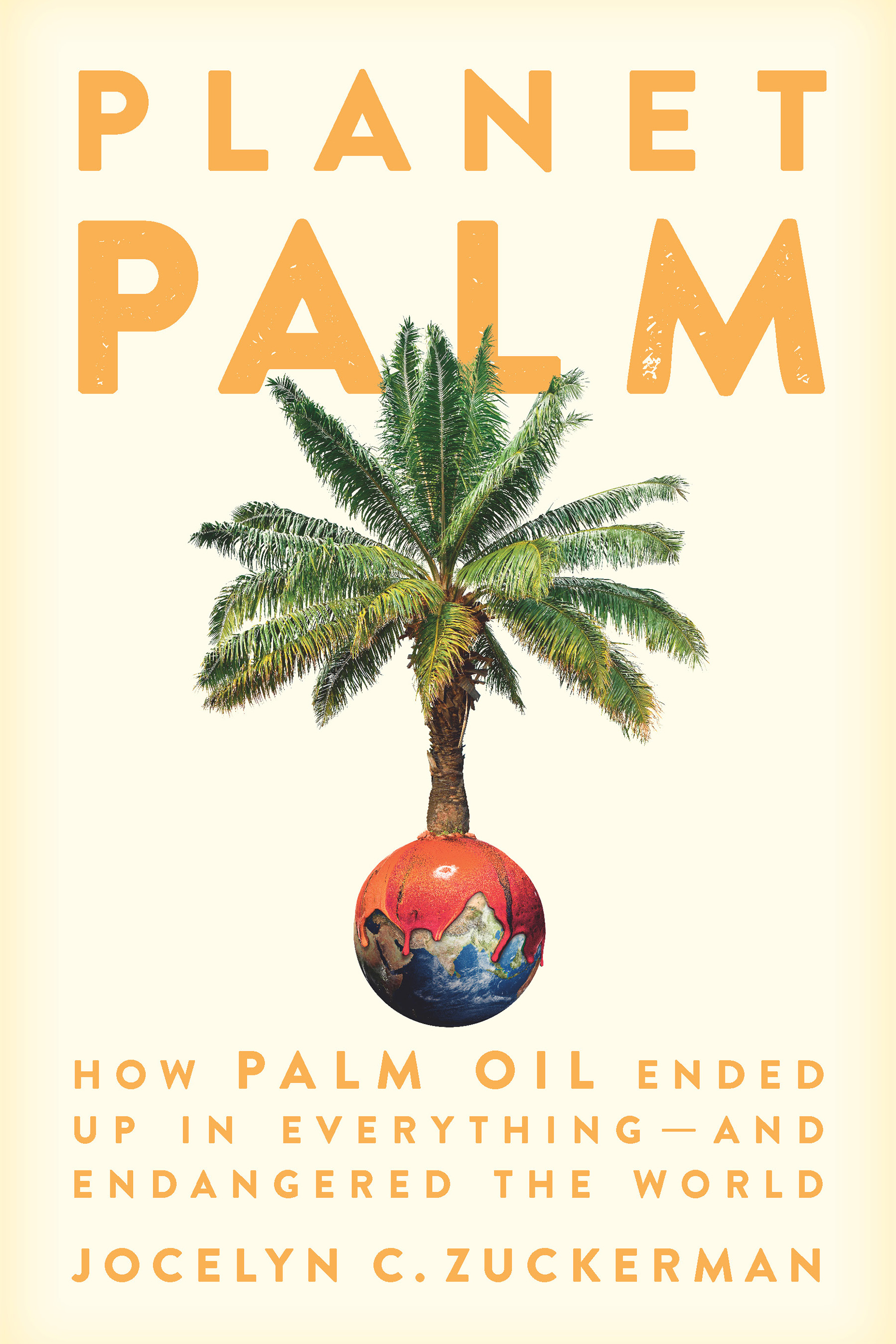
Read an excerpt from Planet Palm
Award–winning journalist Jocelyn C. Zuckerman draws on years of research traveling the globe in a shocking investigation of how the palm oil industry has reaped devastating consequences on our global health and environment. In Planet Palm, “Jocelyn Zuckerman has crossed the globe and looked back in time to show us how much the appetite for palm oil profit has cost us in human suffering, environmental degradation, and loss of biodiversity. This extraordinary work of investigative journalism will make you cry and gnash your teeth. It will fill you with rage. “Essential reading for everyone who wonders if their food choices matter” (Ruth Reichl, bestselling author of Tender at the Bone and My Kitchen Year).
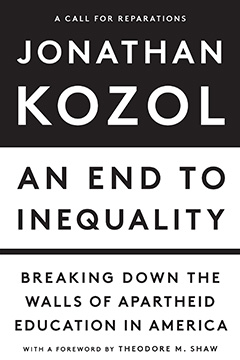
Read an excerpt from An End to Inequality
An End to Inequality is the culmination of Jonathan Kozol’s career in education, which spans over fifty years of working with teachers in American public schools. Schools which, Kozol argues, enforce ‘education apartheid,’ as exposed through years of researching the vastly different learning environments of children in lower income urban schools compared to those in privileged communities. In An End to Inequality, “National Book Award winner Kozol . . . [offers] an impassioned indictment of elementary school education in the U.S. and a cri de cœur for racial equity” (Publishers Weekly).
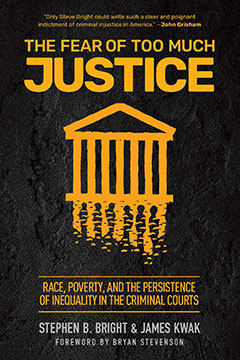
Read an excerpt from The Fear of Too Much Justice
The Fear of Too Much Justice, by renowned death penalty lawyer Stephen B. Bright and legal scholar James Kwak, exposes how innocent people are condemned in a criminal legal system where courts put profit first. In all, “[The Fear of Too Much Justice] examines the myriad ways in which the search for justice unravels once someone is charged with a crime, beginning with the nearly unlimited discretion accorded prosecutors to shape the case and exploit the advantages they have in resources and access to information” (The New York Review of Books).
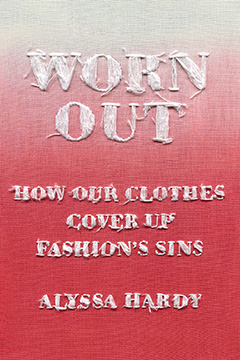
Worn Out offers a global perspective on the human rights crisis spinning the wheels of the fast fashion industry. From giants like H&M and Levi’s sexual abuse in LA-based sweatshops to “homeworkers” in Indonesia unknowingly working with carcinogenic materials, “ . . . former Teen Vogue and InStyle editor Alyssa Hardy takes a hard look at the brutal repercussions the fast-fashion industry has on the millions of garment workers it employs—who are mostly women of color” (Bust).
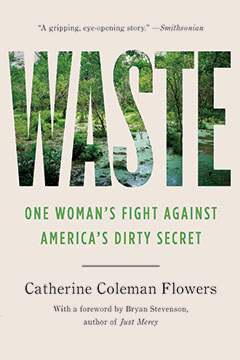
Waste delves into a right many take for granted: basic sanitation. Catherine Coleman Flowers exposes how systemic class, racial, and geographic discrimination has led to unlivable conditions across America, including Appalachia, Central California, coastal Florida, Alaska, the urban Midwest, and Native American reservations in the West, where those in poverty lack the means to cleanly dispose of waste. A page-turning read that mixes memoir and activism, “. . . Flowers’s important new book shows us how ordinary people can stand up, fight back, and build a government and an economy that works for all of us. Together, we can and we must guarantee clean water and sanitation as a right for all” (U.S. Senator Bernie Sanders (I-VT)).
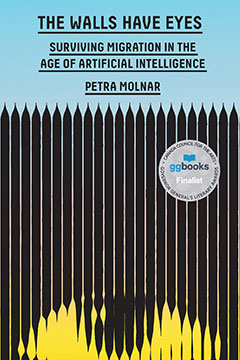
Read an excerpt from The Walls Have Eyes
Based on years of research, The Walls Have Eyes investigates the dystopian weaponization of technology at borders across the world. Here, “Molnar’s powerful storytelling bears witness to the stories of those who are navigating the hostile fault lines of this warming planet and to the machinations of those who profit from the displacement, surveillance, and dehumanization of vulnerable populations” (Ruha Benjamin, author of Race After Technology: Abolitionist Tools for the New Jim Code and Viral Justice: How We Grow the World We Want).
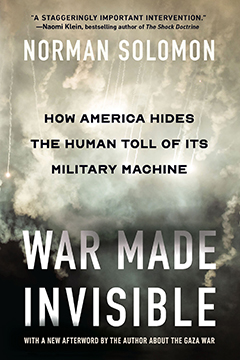
Read an excerpt from War Made Invisible
From Iraq through Afghanistan and Syria and on to little-known deployments in a range of countries around the globe, the United States has been at war for at least the past two decades. In War Made Invisible, Norman Solomon writes with “an immense and rare humanity” (Naomi Klein), breaking down how our media is deliberately engineered to glorify the military, obscure the real costs of war, and deliberately dehumanize people the United States has deemed dangerous or expendable. The recently released paperback edition is now updated with an afterword on The Gaza War.
At The New Press, we believe that books are powerful tools in the fight for a more just and equitable world. In the spirit of human solidarity, take a moment to read about the vast array of industries that infiltrate our everyday lives built to prey on the poor, ranging from healthcare and education to fast fashion and media coverage—advocacy begins with awareness!
